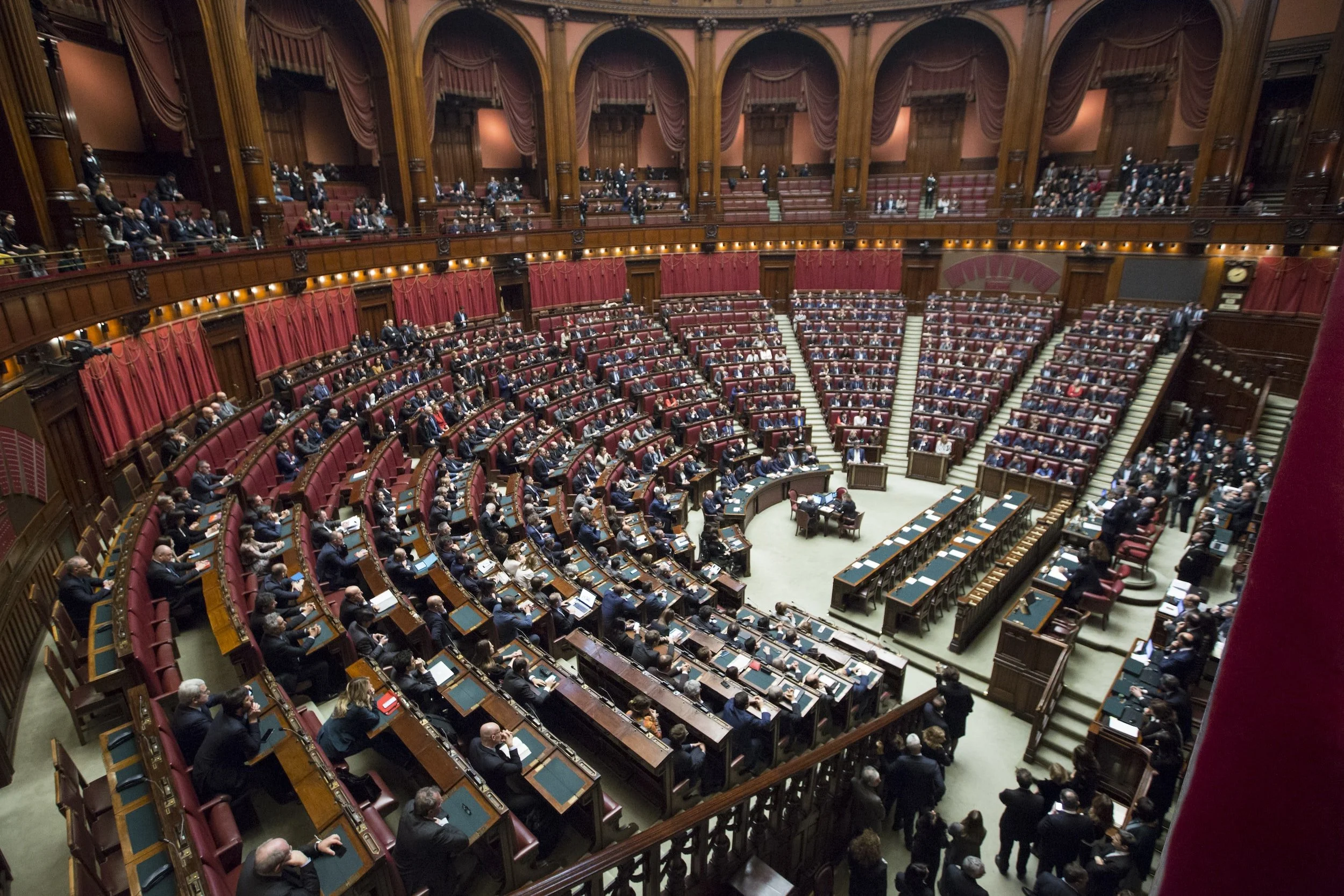Foreign Policy and Its Impact on Your Daily Life
Foreign policy is often thought of as a realm of politics and diplomacy that is far removed from the daily lives of ordinary citizens. However, the decisions made by governments in their foreign policy can have a profound impact on our daily lives, whether we realize it or not.
We will explore what foreign policy is and how it applies to people's day-to-day lives. We will examine the ways in which foreign policy affects everything from the price of goods to national security, and how individuals can play a role in shaping foreign policy decisions.
What is Foreign Policy?
At its core, foreign policy is the set of strategies and decisions that a government makes with respect to its interactions with other countries. This can include everything from economic policies to military alliances to diplomatic relations.
Foreign policy is shaped by a variety of factors, including a country's historical and cultural context, its geopolitical position, and its economic and strategic interests. Foreign policy decisions are often made with the goal of promoting national security, enhancing economic growth, and advancing a country's values and interests on the global stage.
The Impact of Foreign Policy on Your Daily Life
While foreign policy decisions may seem distant and abstract, they can have a significant impact on the daily lives of individuals. Here are just a few examples of how foreign policy can affect your day-to-day life:
Economic Impact: Economic policies that are part of a country's foreign policy can have a direct impact on the price and availability of goods and services. For example, tariffs and trade policies can affect the cost of imported goods, while economic sanctions can limit access to certain goods and services.
National Security: Foreign policy decisions related to national security can impact daily life by affecting the level of security and stability in a country. For example, decisions about military alliances and intelligence-sharing can affect the ability of a country to prevent and respond to terrorist threats.
Travel: Foreign policy decisions related to visa requirements and border control can have a direct impact on travel. For example, travel restrictions and visa requirements can limit the ability of individuals to travel to certain countries.
Technology: Foreign policy decisions can affect the development and use of technology, which can impact daily life in a variety of ways. For example, restrictions on the export of certain technologies can limit their availability in other countries.
How Individuals Can Influence Foreign Policy
Despite the seemingly distant and abstract nature of foreign policy decisions, individuals can play a role in shaping them. Here are a few ways that individuals can have an impact on foreign policy:
Advocacy: Individuals can advocate for policies and positions that they believe in by writing to their elected representatives, participating in protests and demonstrations, and sharing their opinions on social media.
Engagement: Individuals can engage with foreign policy issues by staying informed about global events and issues, attending community events and forums, and participating in international exchanges and study programs.
Volunteering: Individuals can volunteer with organizations that work on issues related to foreign policy, such as refugee resettlement or international development.
Conclusion
Foreign policy may seem like a distant and abstract concept, but it has a significant impact on the daily lives of individuals. Whether it's the price of goods, national security, travel, or technology, foreign policy decisions can shape the world we live in. By staying informed about global events, engaging with foreign policy issues, and advocating for policies and positions they believe in, individuals can play a role in shaping the course of global events and influencing the decisions that impact their daily lives.



